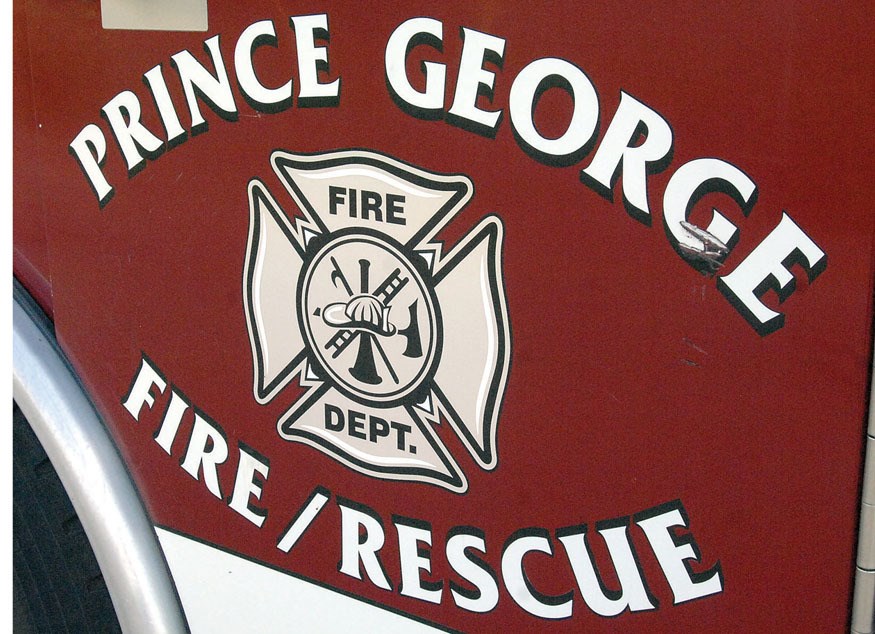Firefighters across the province - including those at Prince George Fire Rescue - are responding to only the most-serious medical calls under stepped-up precautions invoked by the provincial health officer in answer to the COVID-19 pandemic.
Since March 31, firefighters have been limited to calls in which the patient is in life-threatening trouble - such as cardiac arrest or not breathing - or where the patient is breathing but in a "time critical" situation, such as chest pains, and ambulance paramedics are facing a delay of more than 20 minutes.
Under the order, they must also put on the full array of personal protection equipment and put a surgical mask on the patient and can perform compression-only cardiopulmonary resuscitation and defibrillation with no oxygenation or airway management until paramedics arrive.
"When it gets down to less-critical calls, they're reverting them just straight to ambulance," Prince George Fire Rescue assistant chief Cliff Warner said. "The intent is to minimize the impact of the firefighters-first responders from going to calls that they don't need to be (at) so they're prepared and able to go to fire calls if there are fire calls that happen."
They will also continue to be called out to heavy-lift assists and car accidents but are taking special precautions to prevent exposure to the virus that causes COVID-19. If they have to break the two-metre physical distancing barrier, they must put on minimal level of personal protection equipment and if the patient is showing symptoms, they put on the full array.
Warners outlined a lengthy post-call process following those situations.
"We have a very-strict doffing procedure," he said. "They collect it appropriately and then they clean - they make sure they clean themselves, they clean the equipment and then the truck and all when they get back."



